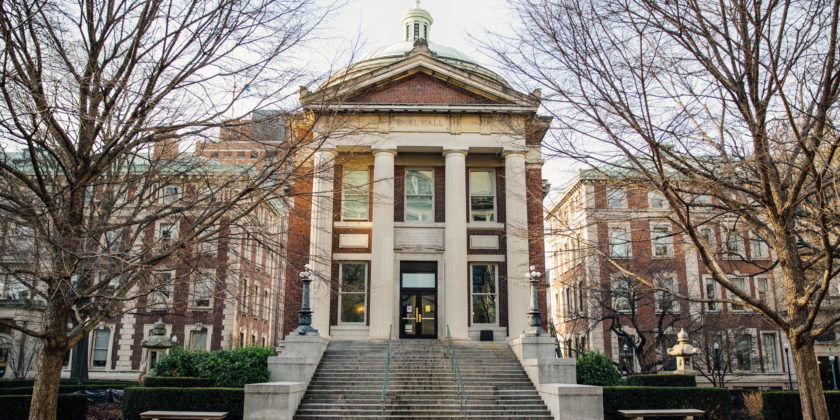April Monthly Action Plan – By Grade
Number one on the action plan this month is everyone’s health and wellness (and this amazing video by students at Berklee College of Music)!
We are available at your convenience to talk about testing timeline changes or anything else you might want to discuss. We are monitoring how changes may impact the upcoming application process and will be posting anything significant on the blog. Please let us know if you have any questions about researching and connecting with schools online, taking virtual tours, or thinking about alternate summer options if you were planning on attending an on-campus or travel program. Happy to answer questions via email (contact form)!
Seniors:
- Waitlisted at your top choice school? Read our waitlist guidance, and reach out if you’d like us to help you craft your WL letter and a personalized waitlist strategy.
- May 1 is the national decision day. However, many schools have pushed their deposit deadlines much later. You can find a comprehensive list here via ACCEPT Group.
- If you are having trouble deciding where to deposit because you have not been able to visit campuses, attend admitted student events, or talk to current students, please reach out as we have resources to share (including student contacts) that might help!
Juniors:
- Now is a good time for a social media audit. Connecting with colleges on social is a way to learn about them and it demonstrates interest. Before you tweet to any of your top schools or like them on FB, follow them on Instagram, etc., please make sure your accounts put you in the best light. If you have any questions, ask us!
- It is also an excellent time to determine who you will ask for your two core teacher letters of recommendation.
- If you find that you have some extra time on your hands, consider:
-
- Creating a digital portfolio (LinkedIn, SoundCloud, personal website, and/or blog).
- Opening a Common App account and filling out the base data.
- Contacting your regional reps and asking them for suggestions on how to learn more about their school/programs from afar.
- Contacting current students as part of your extended research/outreach (see attached).
- Working on essays!
-
Sophomores & Freshmen
- Now is a good time for a social media audit. Connecting with colleges on social is a way to learn about them and it demonstrates interest. Before you tweet to any of your top schools or like them on FB, follow them on Instagram, etc., please make sure your accounts put you in the best light. If you have any questions, ask us!
- It is helpful to understand how colleges view and define leadership! It is more than being the President of a club or the Captain of a sports team—these are just titles. Please read the PDF here to learn more.
- Start a story journal. From big life events to small everyday situations, stories from your life drive your college application essays. If you start jotting them down now, as they happen or as you remember them, you will have a much easier time next spring when you start brainstorming to write your personal statement. No story is too big or too small!
*Stay in the know! Subscribe*








